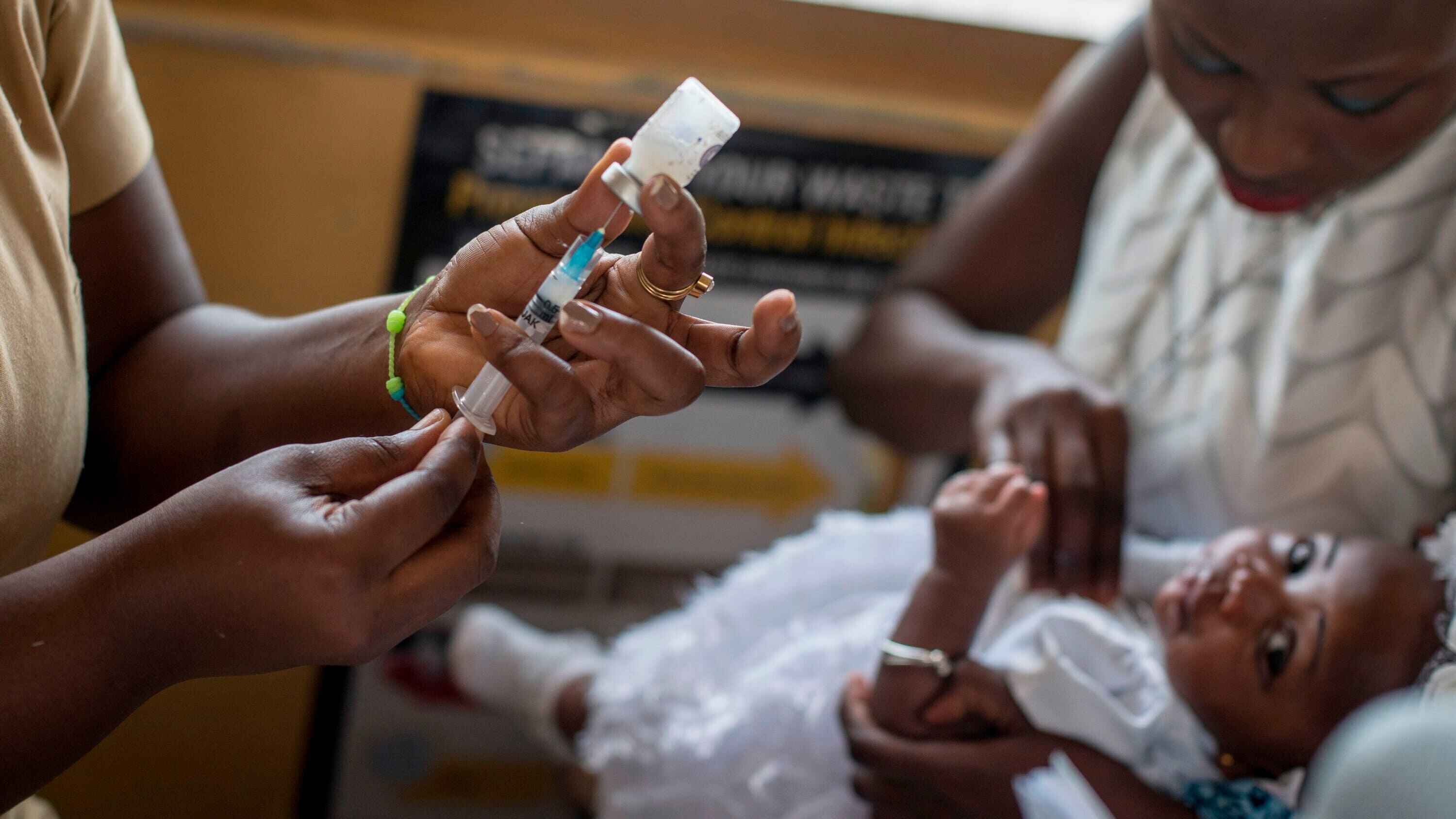
Mosquirix, the world’s first malarial vaccine approved by the World Health Organisation (WHO), is the world’s only vaccine to cure parasitic diseases. With sanctions to use the vaccine, malaria-ridden regions in sub-Saharan Africa have the chance to eradicate a disease that has been skyrocketing over the years. Malaria kills more than 4,00,000 people a year, a large majority of which are children in Africa. Even though not severe, countries like India also face bouts of recurring malarial infections during the monsoon seasons and subsequent deaths because of the parasitic virus. With the WHO approval of the “Mosquirix” vaccine, modern medicine is one step closer to eradicating the potentially deadly disease. Several malarial vaccines have been registered for trials and testing over the years. The RTS, S was the only one positively reviewed in 2015 by the European Medi- cines Agency. It was the first vaccine of its kind to pass regulatory enquiry. The Mosquirix vaccine helps fight one of the deadliest Plasmodium falciparum malarial infections. The Director-General of WHO, Dr Tedros Adhanom Ghebreyesus, called the long-anticipated vaccine a “breakthrough for science, child health and malaria control”. The malaria vaccine is a boon for the life expectancy of children in sub-Saharan Africa. The country faces over 2,60,000 deaths in children under the age of five because of having contracted malaria. WHO Regional Director for Africa, Dr Matshidiso Moeti, said that the “recommendation offers a glimmer of hope for the continent which shoulders the heaviest burden of the disease.”. He also further added that the vaccine would increase the life expectancy of children in India, too, will have a significant role in the produc- tion of Mosquirix. GlaxoSmithKline (GSK), the innovators of the vaccine, have partnered with the Hyderabad-based Bharat Biotech to procure a major component of the vaccine. GSK will subsequently acquire the Santigen, produced in India’s Bharat Biotech. The World Health Organisation has recommended immunisation in four stages. Four doses of the vaccine will be administered to children from 5 months of age. Malaria is not only a cause of great concern in Africa but in India as well. A total of 5.6 million malaria cases occurred in India in 2019. This statistic is enough to prove that the malarial vaccine will be a huge step forward in reducing the number of disease cases and eventually The medical breakthrough in the form of Mosquirix adds a necessary armour to the toolkit in the battle against malaria. Like so many diseases, immunisation is the only way to eliminate it. The approval of the first vaccine is also a reinforcement and stepping-stone for other vaccine developers to create more malarial vaccines.
Africa.
eradicating it.
10 Jan 2022
Aadhya Venkatesh